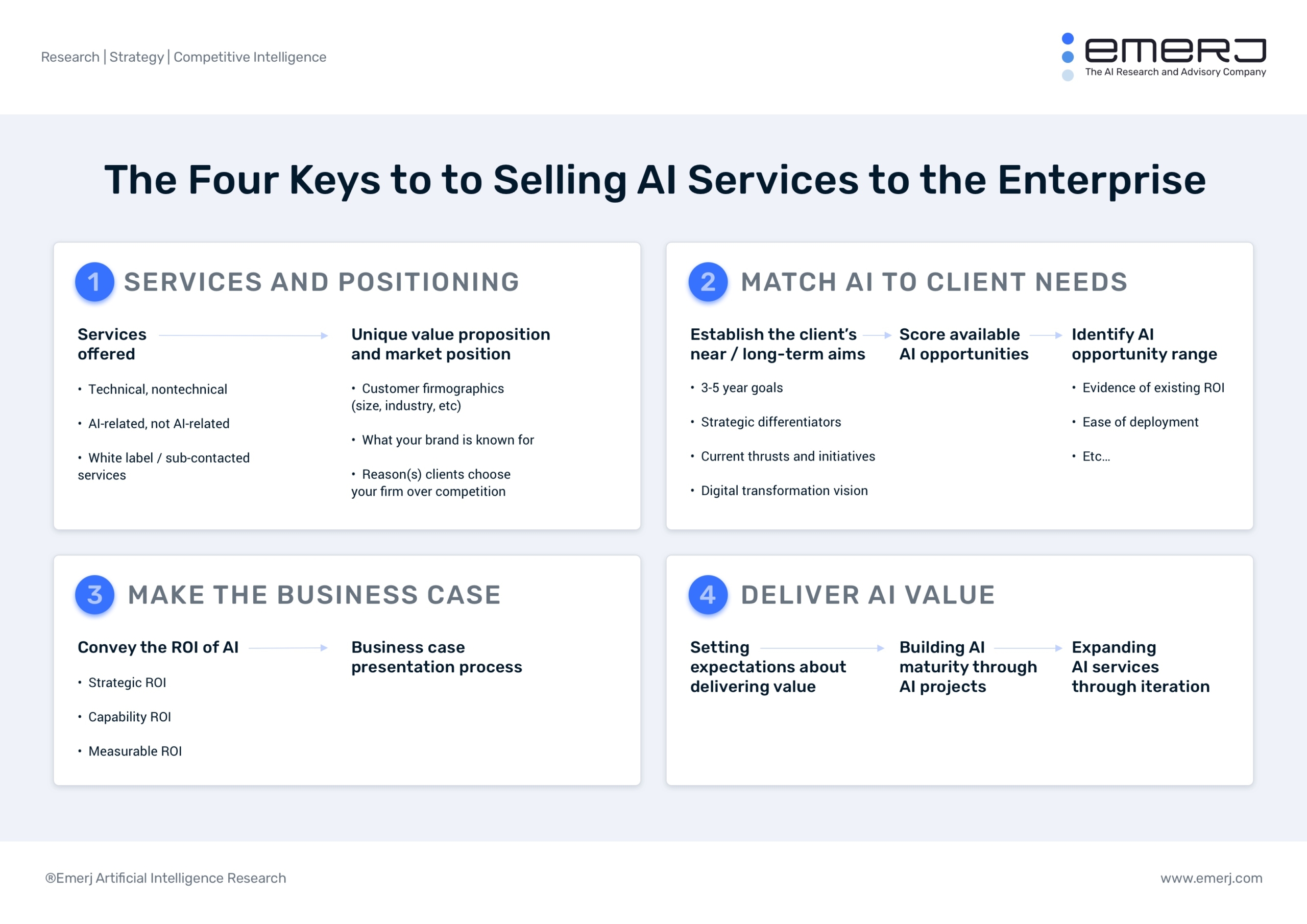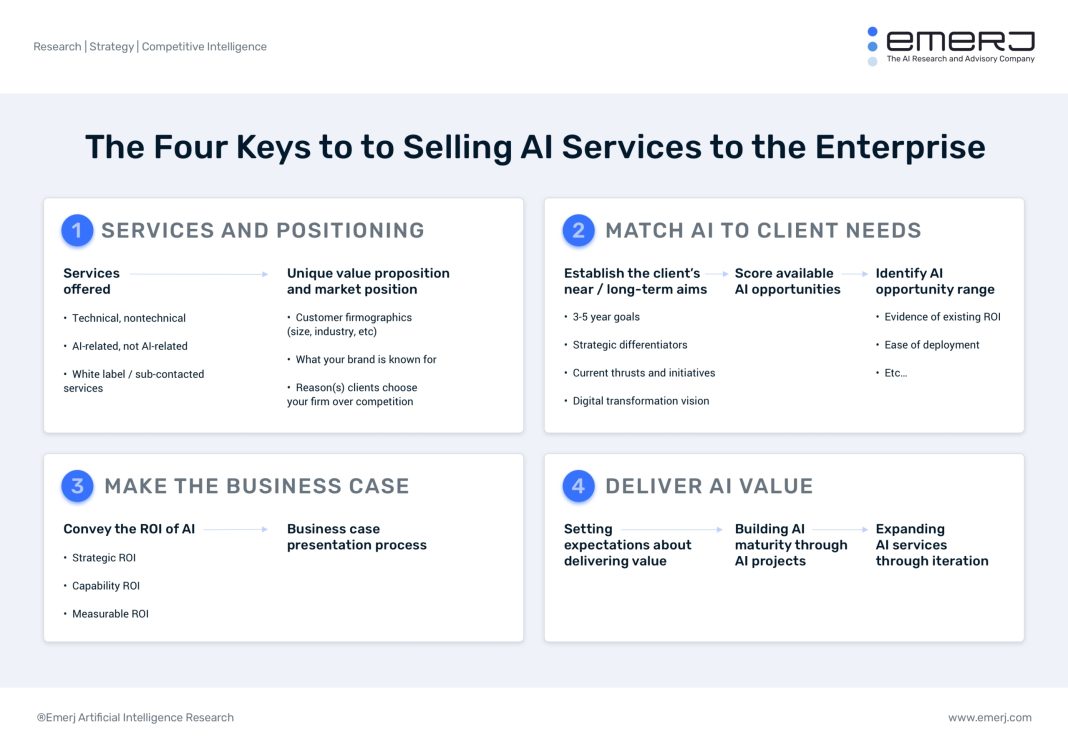 Samsung Electronics, the world’s largest chip maker, has estimated that its second-quarter operating profit increased significantly, thanks to the high demand for artificial intelligence (AI) products and the subsequent rise in semiconductor prices. The South Korean company stated in its preliminary earnings guidance that its operating profit for the three months ending June 30 is likely to reach 10.4 trillion Korean won ($7.50 billion), a staggering 1452.2% increase compared to the same period last year. This figure surpasses analyst expectations and marks Samsung’s most profitable quarter since Q3 2022.
Samsung Electronics, the world’s largest chip maker, has estimated that its second-quarter operating profit increased significantly, thanks to the high demand for artificial intelligence (AI) products and the subsequent rise in semiconductor prices. The South Korean company stated in its preliminary earnings guidance that its operating profit for the three months ending June 30 is likely to reach 10.4 trillion Korean won ($7.50 billion), a staggering 1452.2% increase compared to the same period last year. This figure surpasses analyst expectations and marks Samsung’s most profitable quarter since Q3 2022.
Additionally, Samsung reported a 23% increase in revenue for Q2 compared to the previous year, amounting to 74 trillion Korean won ($53.6 billion). These impressive preliminary earnings are a significant turnaround for the company after experiencing an 85% drop in annual profit in 2020 due to reduced demand for electronics and memory chips during the pandemic.
The surge in Samsung’s profits can be attributed to the growing demand for AI development. Major tech companies are investing heavily in AI, leading to an increased need for memory chips, particularly advanced D-RAM chips like High-Bandwidth Memory (HBM) chips. These chips are crucial for developing complex AI chipsets used in data center servers and AI-powered devices.
To meet this demand, Samsung plans to expand its HBM chip supply throughout the year. The company has also expressed its intention to strengthen its position in the high-density DDR5 module market and enhance technology leadership by mass producing quad-level cell (QLC) for V9 in the third quarter. Market researcher TrendForce reported that D-RAM chip prices rose by 13-18% in Q2, while Nand flash memory chip prices, used for data storage, increased by 15-20%.
Despite these positive developments, Samsung still faces challenges in catching up with competitors like Micron Technology and SK Hynix in mass producing and supplying advanced HBM chips to customers like Nvidia. Furthermore, analysts predict that Samsung’s mobile business operating profit may have been impacted in Q2 due to higher costs and increased investment in AI services.
Nevertheless, Samsung remains optimistic about its future prospects. The company plans to launch its latest foldable phones, integrated with AI features, in Paris next week. This move demonstrates Samsung’s commitment to leveraging AI technology to stay competitive in the mobile market.
Investors have responded positively to Samsung’s preliminary earnings, with the company’s shares rising 2% on Friday morning and nearly 9% year-to-date. These figures reflect the market’s confidence in Samsung’s ability to capitalize on the growing demand for AI products and its strategic efforts to innovate in the semiconductor industry.
In conclusion, Samsung Electronics is poised for a strong financial performance in Q2 2021, driven by the surge in demand for AI products and the resulting increase in semiconductor prices. Despite facing stiff competition from rivals, the company is actively investing in expanding its chip supply and enhancing its technological capabilities. The launch of AI-integrated foldable phones further demonstrates Samsung’s commitment to leveraging AI to drive growth in the mobile market. As the demand for AI continues to grow, Samsung is well-positioned to capitalize on this trend and further solidify its position as a global leader in the semiconductor industry.


